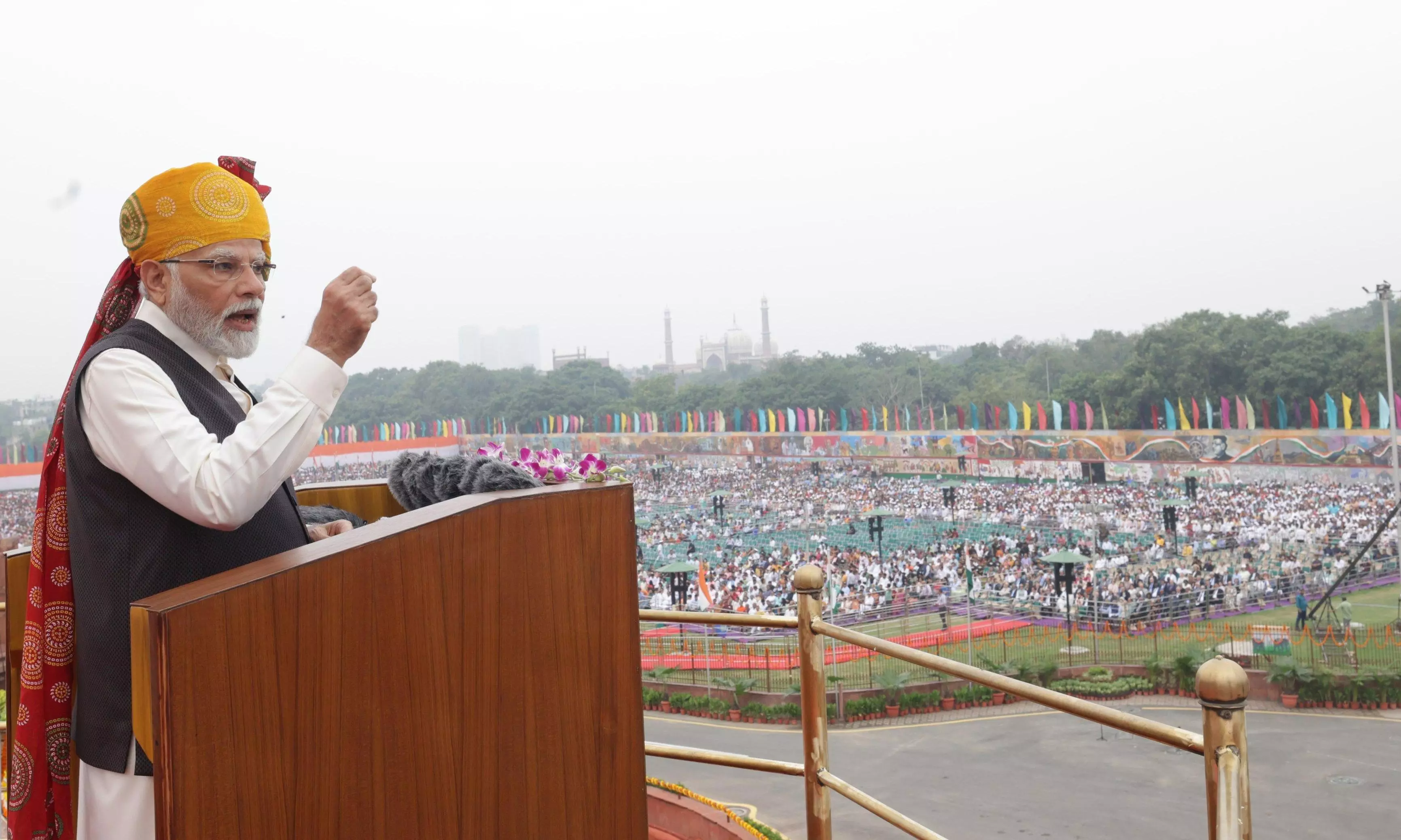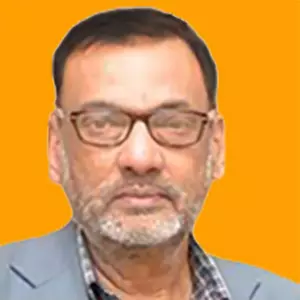
- Home
- India
- World
- Premium
- THE FEDERAL SPECIAL
- Analysis
- States
- Perspective
- Videos
- Sports
- Education
- Entertainment
- Elections
- Features
- Health
- Business
- Series
- In memoriam: Sheikh Mujibur Rahman
- Bishnoi's Men
- NEET TANGLE
- Economy Series
- Earth Day
- Kashmir’s Frozen Turbulence
- India@75
- The legend of Ramjanmabhoomi
- Liberalisation@30
- How to tame a dragon
- Celebrating biodiversity
- Farm Matters
- 50 days of solitude
- Bringing Migrants Home
- Budget 2020
- Jharkhand Votes
- The Federal Investigates
- The Federal Impact
- Vanishing Sand
- Gandhi @ 150
- Andhra Today
- Field report
- Operation Gulmarg
- Pandemic @1 Mn in India
- The Federal Year-End
- The Zero Year
- Science
- Brand studio
- Newsletter
- Elections 2024
- Events
- Home
- IndiaIndia
- World
- Analysis
- StatesStates
- PerspectivePerspective
- VideosVideos
- Sports
- Education
- Entertainment
- ElectionsElections
- Features
- Health
- BusinessBusiness
- Premium
- Loading...
Premium - Events

The 75-year cut-off mark unofficially fixed by Modi for holding crucial public offices may not stand anymore in his way if he is re-elected in the next LS polls
Next month, Prime Minister Narendra Modi will be 73. Earlier, he unofficially set 75 years as the age limit at which incumbents in high public offices were supposed to hang their boots. Yet, during his Independence Day address from Delhi’s Red Fort on Tuesday, he sought another term for himself, which will last when he goes past 78 years.
So, the question is, will he retire midway through his five-year third term if his party wins next year’s general elections and he is re-elected or chosen unanimously by the BJP or the NDA parliamentary party to the top post? Or, will the rule set by none other than him be waived off or ignored for his sake?
The latter possibility is very real because neither anyone from the BJP-led National Democratic Alliance (NDA) nor the Opposition has so far asked him this question on any public platform.
The U-turn
This nonchalance belies the fact that Modi has been a product of what the BJP once called the need for a “generational change” in politics. In September 2013, he was anointed the party candidate for the post of Prime Minister, and his seniors, including LK Advani, Murli Manohar Joshi, and Shanta Kumar, were either not considered for the post or asked to sit back and make way for the much younger bet to take on Manmohan Singh or the Congress-led UPA government.
In contrast, Modi expressed, or rather asserted, in his last Independence Day address during his current term in office in no uncertain terms on Tuesday that he would be back next year at the same spot of the historic fort to do the honours of unfurling the Tricolour once again.
What he said towards the end of his speech in Hindi meant, “…next time, on the 15th of August, from this very Red Fort, I will present to you the achievements of the country, your capabilities, the progress made by you, the successes achieved with even greater self-confidence.”
A jarring note
Spirited though his resolve is, Modi’s critics found it — besides a few other claims made by him in the speech — rather jarring and unworthy of being made on Independence Day by a Prime Minister months before a general election that will decide his fate vis-à-vis his rivals and challengers.
It is also hugely important from the point of view of what the future may have in store for the country, more so since it is the Prime Minister’s Office that mainly shapes or charts out the course the country is set on for five years. Anyway, on his part, Modi talked of transforming India into a developed country by 2047, when the nation will celebrate the centenary of its independence from the last century’s colonial rule.
Modi also talked about the even more distant past when foreign rulers, according to him, had a sway over India for no less than a thousand years. He went on to add, “Mark my words, what we do in this time will go into making the next 1,000 years to come.” He vowed to uproot corruption, dynastic politics, and appeasement. The last of these has been generally used by the BJP for long to point out what the party thinks to be a soft approach of other parties towards minorities or mainly Muslims. By reiterating this, Modi gave a clear signal to the electorate to shun BJP rivals to keep the edge the majority community came to have over minorities under his now nearly a decade-long rule.
He also highlighted India’s advantages like democracy, demography (the current high share of younger generation in the population), and diversity. But diversity contradicts what he characterised as appeasement to refer to minorities in a rather veiled way.
A warning note
But suggestive ways have not been confined to Modi’s Independence Day speech alone. These have also been part of some of the significant steps taken by his government during its current or second tenure. Both the Cabinet Secretary and the Union Home Secretary have been given multiple extensions after they reached the age of superannuation a few years ago.
It has also been the case with the Enforcement Director (Ministry of Finance) Sanjay Kumar Mishra. His case went before the Supreme Court, where the extension given to him was held “illegal”. Yet, the government moved the top court again to seek an exception and got his term extended, even though marginally or for a short duration.
Thus, what has been done in the case of top-notch bureaucrats is now finding its reflection in the case of their political master. The 75-year cut-off mark fixed by Modi for holding crucial public offices, though in an unwritten form, may not stand anymore in his way — or his party’s — upon being re-elected in the next parliamentary polls. He appears to be certain to become the head of government once again. This is what he has actually said or meant while speaking from the ramparts of the Red Fort.
Despite Modi’s zero intention to retire in his mid-seventies and despite his and his party’s confidence in sailing through until 2029, this is hardly thought to be the case with what has been happening with the officialdom. The second-rung secretaries in the government and other high officials become sullen when their seniors’ terms are extended. They see the spectre of their retirement before reaching the top. This causes disruption or bottlenecks in the command and feedback chains in the bureaucracy, say government insiders. “Officials become indifferent and start passing the buck,” say informed sources.
So, the question is whether crossing the age limit to continue in office can have a similar effect on the political executive. Not exactly, say government insiders, since the current ruling political set-up is already quite centralised. But what they fear is that, sooner or later, it can become too top-heavy to let the BJP mainly, and politics generally, to leave any motivation, drive, and enthusiasm among second-rung leaders. This will, in turn, affect both decision-making and governance, they warn on conditions of anonymity.

